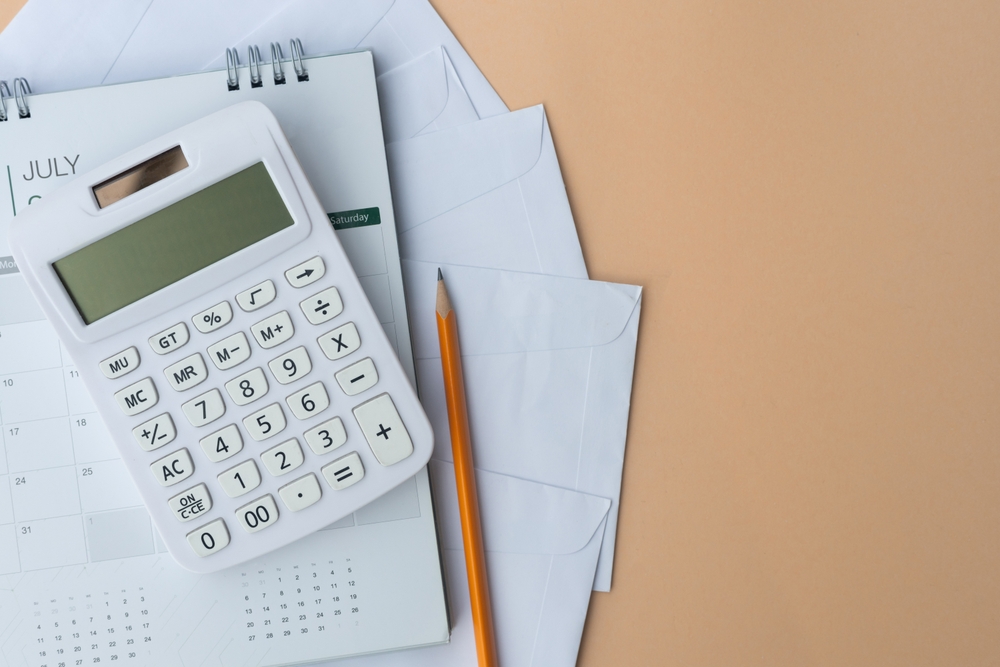Filing for bankruptcy can be intimidating, especially if you’re facing it alone. While it’s a process designed to help you find financial relief, mistakes along the way can lead to more problems than solutions.
But that’s where we come in. At Harris & Partners, we have decades of experience in helping Canadians just like you find their way through bankruptcy. So let’s take a look at some of the top mistakes to avoid so you can approach bankruptcy with confidence.
Key Points
- Incomplete or inaccurate financial information
- Leaving creditors out of your filing
- Not filing income tax returns
- Letting new debt grow
- Liquidating retirement funds
- Taking out a home equity loan
- Transferring assets pre-bankruptcy
- Selective repayment of loans
- Ignoring collection actions
- We’re Here to Help
1. Incomplete or inaccurate financial information
When filing for bankruptcy, transparency is everything. You’ll need to list all your assets, debts, income, and expenses—and it’s important to be thorough. In fact, honesty here isn’t just good advice; it’s a legal requirement under Canada’s Bankruptcy & Insolvency Act. Leaving anything out, even by accident, could lead to criminal charges or loss of assets. Starting with clear, complete information helps build a solid foundation for the entire process.
2. Leaving creditors out of your filing
It’s really important that you include every creditor in your bankruptcy filing. Forgetting even one creditor can cause real complications. You need to list every debt, whether it’s solely yours or a joint debt with someone else. Any missing information could cause delays, or even jeopardize your case.
3. Not filing income tax returns
Making sure your income tax returns are up-to-date before filing is critical. Your returns are used to help evaluate your financial situation, so they need to be in order for your bankruptcy to proceed smoothly. Catching up on any missed filings before starting can help avoid delays and other headaches down the road.
4. Letting new debt grow
Taking on new debt just before filing for bankruptcy, especially within 60 to 90 days of filing, can be a big red flag. Creditors may argue that you took out the loan without intending to pay it back, which could make it harder to get this debt discharged. Bottom line: if you’re considering bankruptcy, it’s best to avoid new debt entirely.
5. Liquidating retirement funds
Many retirement savings plans, like RRSPs and pensions, are protected in bankruptcy. If you cash these out before filing, you could lose this protected status, putting your future financial security at risk. If you want to protect your future, be sure to keep those retirement funds intact!
6. Taking out a home equity loan
Taking out a home equity line of credit before bankruptcy can create complications. You might end up needing to explain why you borrowed against your home and how you used the funds, which can add unnecessary stress. It’s best to just avoid drawing on your home equity when you’re considering bankruptcy.
7. Transferring assets pre-bankruptcy
Transferring assets out of your name before filing can look like an attempt to hide them, even if that wasn’t your intention. This could result in your debt relief request being denied or, in severe cases, could even lead to criminal charges. Keep your financial situation stable and transparent as you approach bankruptcy.
8. Selective repayment of loans
Paying off loans to friends, family, or other creditors just before filing is known as a ‘preferential transfer.’ The bankruptcy trustee might take legal action to recover these payments for equal distribution among all creditors. If you’re thinking about paying off any personal loans, check with your trustee first!
9. Ignoring collection actions
If creditors are actively pursuing collection actions against you – like wage garnishments or foreclosure threats – don’t ignore them! Addressing these issues quickly can save you from more legal problems down the road. Bankruptcy can provide relief from many of these actions, but only if you act fast.
We’re here to help
Bankruptcy is a tool designed to help you achieve a fresh financial start. With careful planning and by avoiding common mistakes, you can make the process smoother and start building a more secure future.
If you’re considering bankruptcy or feeling overwhelmed by the process, our team of Licensed Insolvency Trustees is here to guide you every step of the way.
Reach out to us to get started—let’s regain your financial security together.










